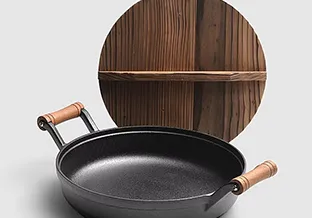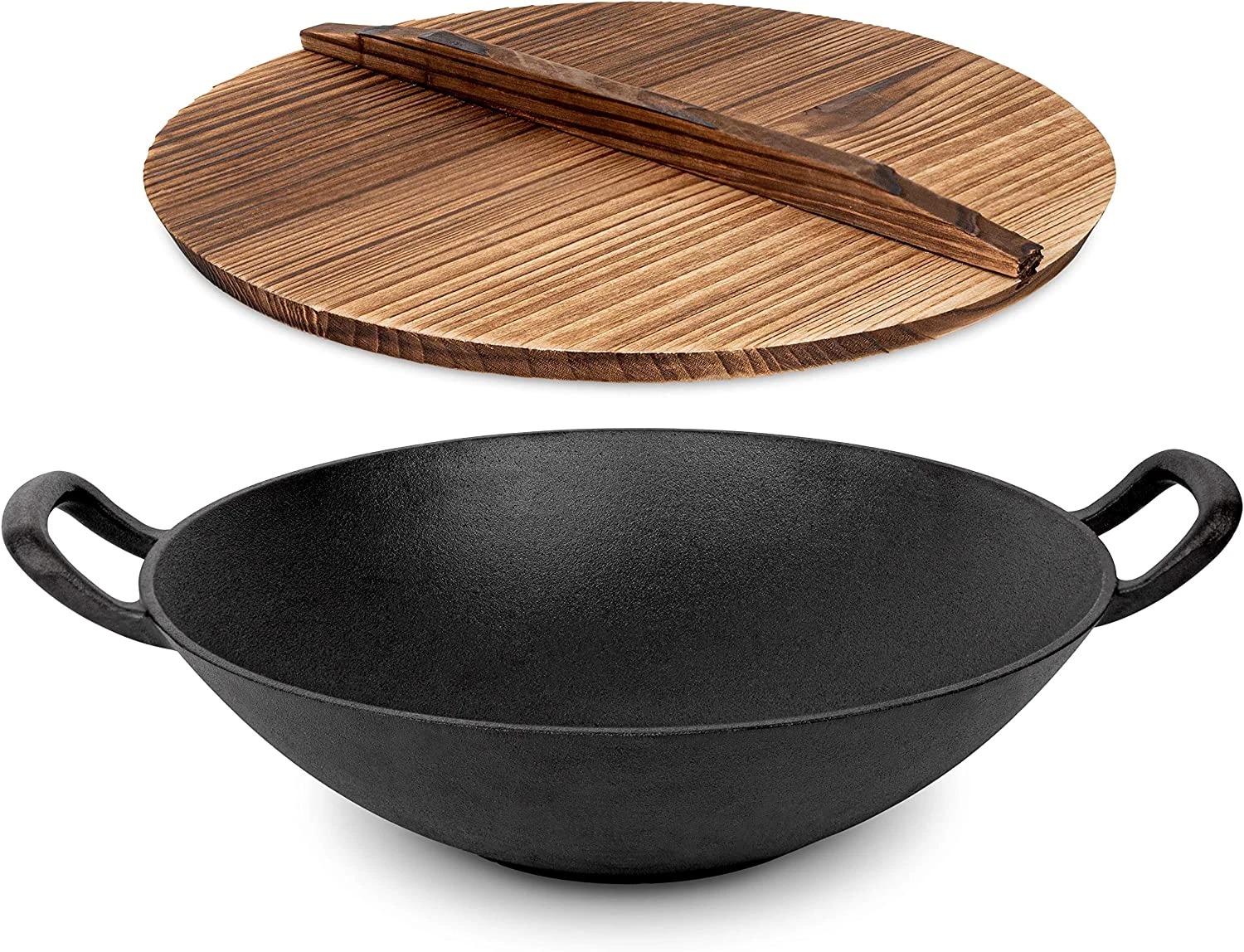
2 月 . 17, 2025 14:46
Back to list
ENAMELED CAST IRON RECTANGULAR ROASTER, CASSEROLE DISH, LASAGNA PAN, DEEP ROASTING PAN - RED
Cleaning cast iron pie irons is an essential skill for any outdoor cooking enthusiast, ensuring your culinary tools remain in top-notch condition and continue to serve you well for years. Known for their durability and excellent heat retention, cast iron pie irons can last a lifetime if properly maintained. This article delves into expert-recommended methods for cleaning and maintaining your pie irons, enhancing your outdoor cooking experience and ensuring the longevity of these timeless tools.
It's equally important to acknowledge common misconceptions surrounding cast iron care. One prevalent myth is that soap should never come into contact with your cast iron. While it's true that harsh detergents can strip the seasoning, mild soap in small amounts can safely be used if necessary, provided the pie irons are re-seasoned afterward. Understanding and dispelling such myths enhances one's expertise and confidence in cast iron maintenance. Another dimension of expertise in cast iron pie iron care involves understanding the symptoms and prevention of rust. Rust can develop if the pie irons are kept in a humid environment or if improper cleaning and seasoning practices are followed. In case of rust, gently scrub the affected area with a bit of steel wool, following with a thorough re-seasoning session. This step helps restore both the integrity and the appearance of the pie irons. Establishing a routine for maintaining your cast iron pie irons reflects a commitment not only to preserving their function but also to honoring the tradition that they represent in outdoor cooking culture. By investing time in their care, you're ensuring that they continue to bring delight to campfire meals, connecting you with nature and culinary traditions. The trustworthiness of these practices lies in generations of cast iron aficionados passing down their knowledge, each contributing to an ever-growing repository of wisdom. Bringing experts' insights into everyday routines solidifies a pie iron's reputation as a reliable companion in the world of outdoor cooking. By mastering these cleaning techniques, outdoor chefs not only extend the life and utility of their pie irons but also cultivate a deeper connection with their heritage, enriching every meal prepared over an open flame.


It's equally important to acknowledge common misconceptions surrounding cast iron care. One prevalent myth is that soap should never come into contact with your cast iron. While it's true that harsh detergents can strip the seasoning, mild soap in small amounts can safely be used if necessary, provided the pie irons are re-seasoned afterward. Understanding and dispelling such myths enhances one's expertise and confidence in cast iron maintenance. Another dimension of expertise in cast iron pie iron care involves understanding the symptoms and prevention of rust. Rust can develop if the pie irons are kept in a humid environment or if improper cleaning and seasoning practices are followed. In case of rust, gently scrub the affected area with a bit of steel wool, following with a thorough re-seasoning session. This step helps restore both the integrity and the appearance of the pie irons. Establishing a routine for maintaining your cast iron pie irons reflects a commitment not only to preserving their function but also to honoring the tradition that they represent in outdoor cooking culture. By investing time in their care, you're ensuring that they continue to bring delight to campfire meals, connecting you with nature and culinary traditions. The trustworthiness of these practices lies in generations of cast iron aficionados passing down their knowledge, each contributing to an ever-growing repository of wisdom. Bringing experts' insights into everyday routines solidifies a pie iron's reputation as a reliable companion in the world of outdoor cooking. By mastering these cleaning techniques, outdoor chefs not only extend the life and utility of their pie irons but also cultivate a deeper connection with their heritage, enriching every meal prepared over an open flame.
Next:
Latest news
-
Extra Large Round Cast Iron Griddle - Heavy Duty Griddle Plate for Even Heating & Versatile CookingNewsJun.10,2025
-
Top Brands of Cast Iron Cookware Durable & Versatile Cast Iron Skillet BrandsNewsJun.10,2025
-
Enamel Coated Cast Iron Pot Durable, Non-Stick & Even Heat CookingNewsMay.30,2025
-
2 Quart Dutch Oven Durable Cast Iron, Even Heating & VersatileNewsMay.30,2025
-
Best Chinese Wok Price Authentic Iron Pans, Fast Shipping & DealsNewsMay.29,2025
-
Non-Stick Cast Iron Skillet with Lid Durable & Easy-Clean PanNewsMay.29,2025


